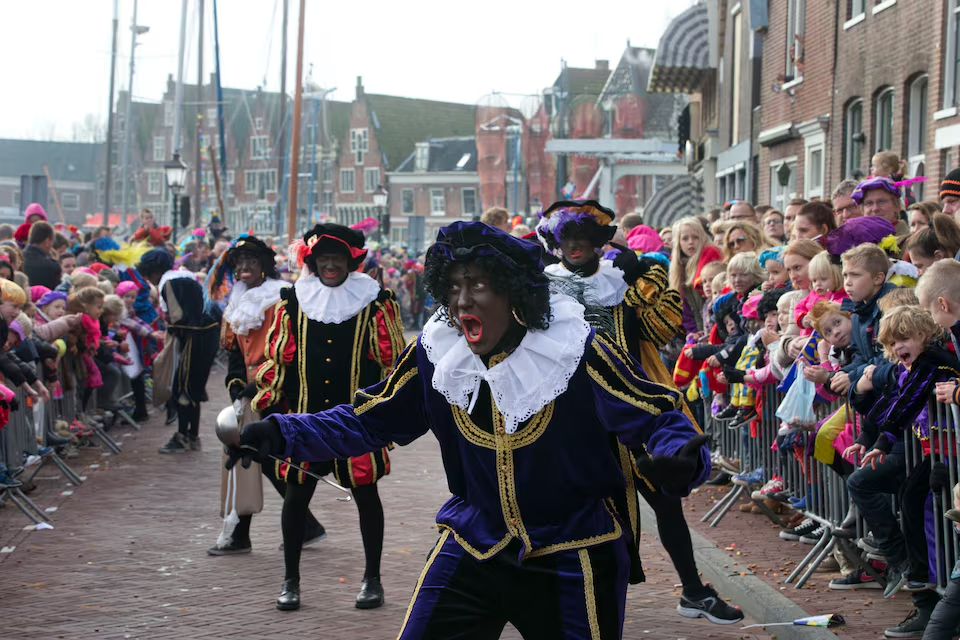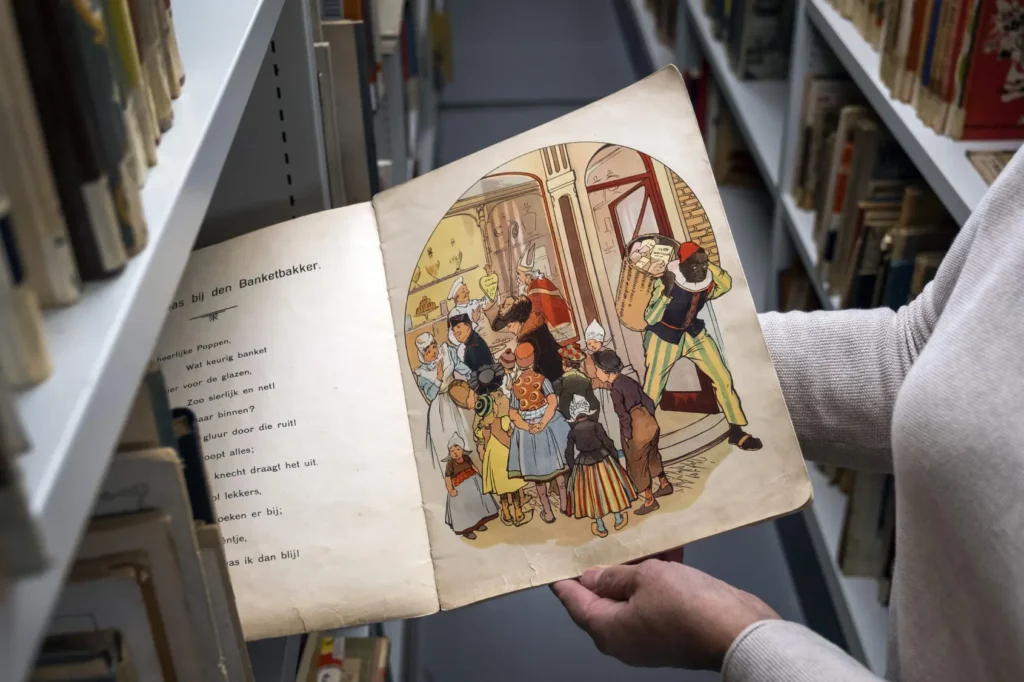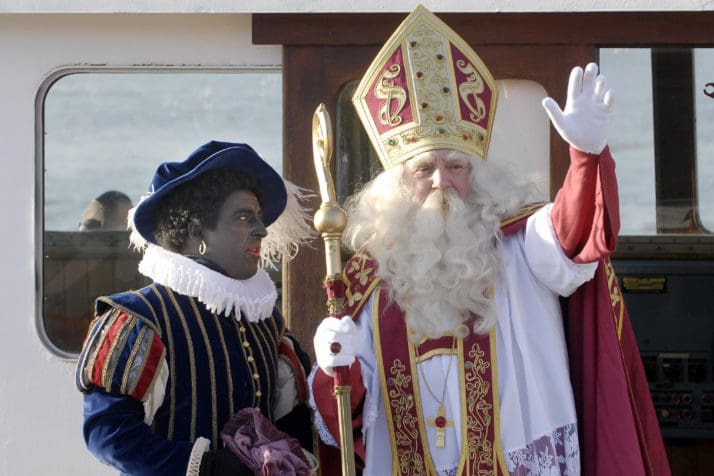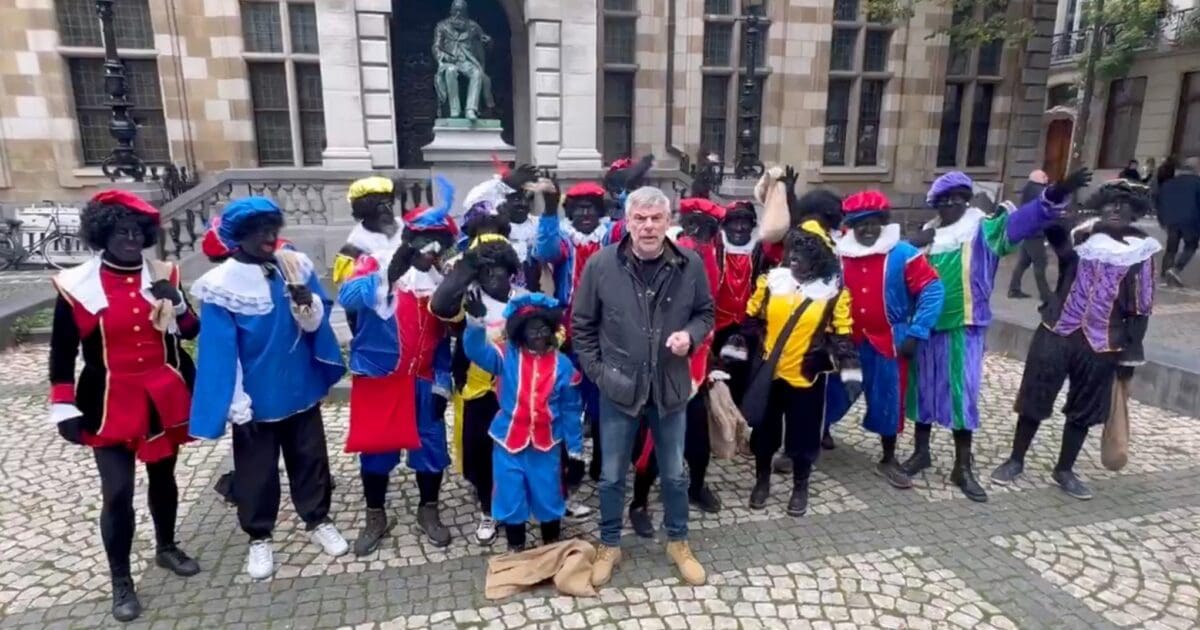Filip Dewinter, a member of Belgium’s conservative Vlaams Belang party, has sparked debate with his defense of the traditional depiction of “Zwarte Piet” (Black Pete) in the annual Sinterklaas (Saint Nicholas) festivities. Dewinter’s comments reflect growing frustration among conservatives in Europe who see cultural traditions under threat from what they call the “woke left” and politically correct agendas.

What is Zwarte Piet?
Zwarte Piet is a folklore figure in the Netherlands and Belgium who accompanies Saint Nicholas during Christmas. Traditionally portrayed with blackface makeup, exaggerated red lips, and colorful clothing, Zwarte Piet hands out gifts and candy to children. The character has roots in 19th-century Dutch traditions and has long been celebrated as part of festive folklore. However, in recent years, it has faced backlash for its perceived racial overtones, with critics likening it to offensive caricatures of Black people.

In response, some regions have replaced Zwarte Piet with “Roetpieten” (Soot Petes), characters with smudges of soot on their faces instead of full black makeup, framing the character as someone who gets dirty sliding down chimneys. This shift is seen by many as an attempt to modernize the tradition and address racial sensitivities.

Dewinter’s Outrage Against ‘Woke Cancel Culture’
Dewinter’s statement was a defiant pushback against these changes. He argued that Zwarte Piet is not a “racist symbol” or a “colonial slave,” as some activists claim, but a “child-friendly” figure who plays an important role in local traditions. He explicitly criticized the left’s attempts to “cancel” the tradition with politically correct alternatives, stating that the character deserves respect as part of Belgium’s cultural heritage.
His stance reflects a broader cultural clash in Europe, where populist and conservative politicians like Dewinter view the growing emphasis on racial sensitivity as an attack on national traditions. By calling out “woke-roetpieten,” Dewinter frames the debate as part of a larger struggle against what he sees as leftist overreach and unnecessary political correctness.
‘#Sinterklaas maar ook en vooral onze kinderen verdienen échte ‘Zwarte Pieten’ geen #woke-roetpieten. Respecteer onze tradities zonder politiek correct gecancel! #ZwartePiet’ is geen racistisch symbool; geen koloniale negerslaaf maar een kindervriend. ‘Zwarte Piet’ is welkom!’ pic.twitter.com/6myIupF7bq
— Filip Dewinter (@FDW_VB) November 16, 2024
The Broader Context
Dewinter’s defense of Zwarte Piet taps into the frustration of many who feel their cultural identities are being eroded. Supporters of the tradition see it as a harmless and cherished part of childhood, while critics argue that it perpetuates harmful racial stereotypes. In many ways, the debate mirrors similar culture wars in the United States, where longstanding traditions and symbols, such as Confederate statues or Native American sports mascots, have come under scrutiny.
For Dewinter and his supporters, Zwarte Piet has become a rallying point in a larger fight against “woke ideology” and the overreach of leftist activists. To them, defending Zwarte Piet is about protecting not just a holiday tradition but also national pride and cultural heritage. Dewinter’s comments are both a rejection of the left’s narrative and a call to preserve what he sees as an integral part of Belgium’s identity.














Add comment